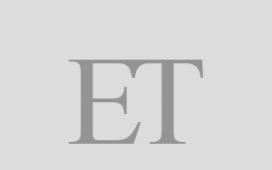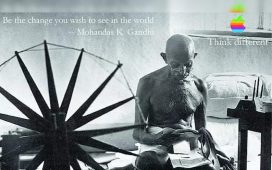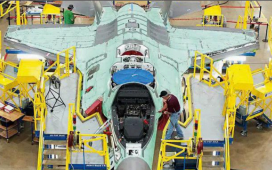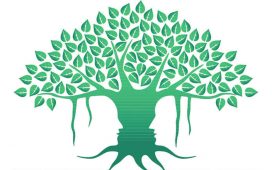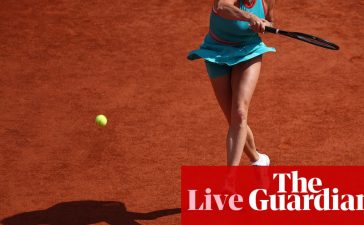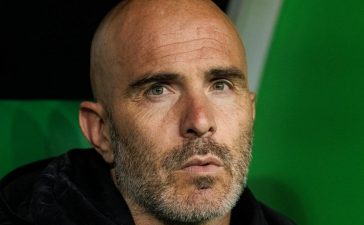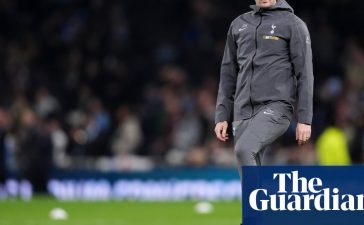In many societies, feats of strength and combat, such as wrestling, duelling or hunting, were rites of passage that affirmed one’s masculinity. In contemporary society, the concept of being ‘macho’ has expanded beyond mere physical strength to include intellectual and emotional dimensions. Today’s ‘macho man’ might be recognised not for his ability to fight but for his capability to negotiate, innovate and harmonise.
Modern peacemakers who resolve conflicts and foster international cooperation are now revered as macho figures. Their strength lies in their ability to persuade, mediate and create lasting peace. In the business world, individuals who accomplish mergers and acquisitions through strategic alliances rather than hostile takeovers are seen as exemplars of new-age machismo. Their success in navigating complex negotiations and managing large teams underscores a different kind of strength. People who tackle social issues and innovate solutions for the betterment of society are also celebrated. Their ability to impact change and improve lives through non-combative means marks them as modern heroes of machismo.
The evolving notion of machismo plays a significant role in shifting traditional gender roles. By valuing emotional intelligence, diplomacy and cooperation, society broadens the concept of what it means to be ‘masculine’, and opens up more diverse models of leadership and success. This diversification helps reduce the pressure to conform to outdated stereotypes and encourages a more inclusive definition of masculinity.
The modern macho man’s focus on creating solutions and fostering peace has substantial implications for societal harmony. By prioritising these values, leaders can influence global politics, economies and communities towards more stable and cooperative futures.
As the archetype of the macho man includes traits like empathy, fairness and social responsibility, it encourages a societal shift towards inclusivity and mutual respect. This evolution helps bridge cultural and social divides, promoting a more empathetic world.


